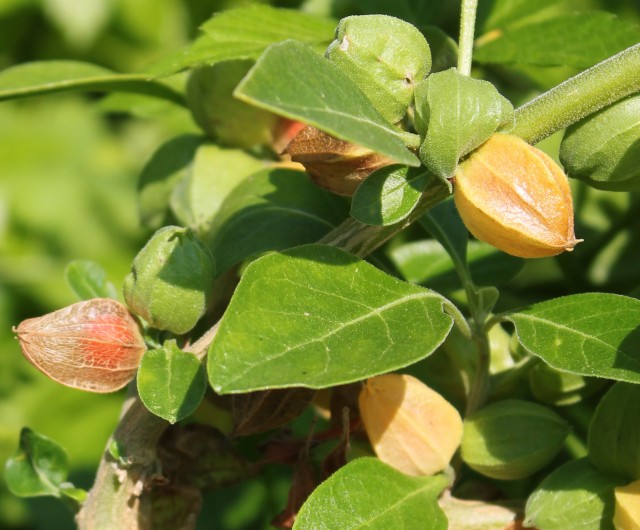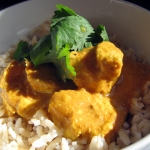Ashwagandha (Withania somnifera)
an ayurvedic herbal treasure that's excellent for adrenal fatigue

Withania somnifera is the latin name for ashwagandha, a sanskrit word that literally means ‘horse pee’. This word must vary in translations because I learned in an Ayurvedic class that ashwagandha means, “to impart the strength of a horse.” How do we get the strength of a horse from its piddle?
Take heart though, because horse urine has nothing to do with the medicinal properties of this herb. It’s actually the root that provides all the medicinal horse power.
Combats Adrenal Fatigue
Ashwagandha is my favorite herb, ever. This herb, oh, it works. Taking ashwagandha, otherwise known as Indian ginseng, is like giving your adrenal glands the gas they need to keep trucking you along when you continue to burn the candle at both ends, as many of us unfortunately do. Although this herb should not be used as a crutch to continue an unhealthy lifestyle of staying up late and waking up early, it sure can be supportive when stress is high, sleep is little, and you’ve just been pushin’ pushin’ pushin’. If the energizer bunny (oh no, another bunny keyword for Google!) had a secret to his ability to keep going and going, it would be ashwagandha.
Harmonizes Energy & Sleep
The incredible feature of ashwagandha is how balancing it can be. Some herbs that support your energy levels can also affect sleep, but not this one! Ashwagandha can actually help you sleep better because it happens to be a nervine. It can also be used to treat anxiety.
 Modulates the Immune System
Modulates the Immune System
A fascinating quality to this restorative herb is that it enhances immune function. Chronic stress and sleep deprivation can really take a toll on your immunity. But, wow, ashwagandha helps with stress, helps with sleep, and then, it boosts your immune system. What more could you ask for in an herb?!
Protects Your Brains
More! There’s more! Ashwagandha is also food for the brain, or you can say ‘neuroprotective’. In vitro research has shown that ashwagandha can regenerate damaged nerve tissue. It’s anti-inflammatory and functions as an antioxidant. It can be used in the treatment of Alzheimer’s disease and it may help as an adjunct therapy for carbon monoxide poisoning.
Supports Male Sexual Health
Ashwagandha can also be helpful in the men’s health department. It can be used for the treatment of erectile dysfunction and male infertility, especially when chronic stress is part of the picture.
Rover Can Have It Too
The horse power in a pill is not just for humans. Ashwagandha is also friendly for dogs and cats. I like that Ayush Herbs makes an ashwagandha product just for this purpose. Consult your veterinarian before administering this herb to your pets.
I love ashwagandha because it equilibrates the body on all levels: physically, mentally, and emotionally.
If you would like to start taking ashwagandha, please consult your naturopathic doctor. A licensed healthcare practitioner can tailor the dose according to your needs.
Resources:
1. Yarnell, Eric. Botanical Medicine V. Bastyr University. Spring 2011.
2. Raymer, Katherine. Neurology. Bastyr University. Spring 2011.
Enjoy More Archerfriendliness
I recently mentioned that I eat several raw garlic cloves a day when I feel the sick coming on. You may have pictured me popping raw garlic cloves like breath mints every time I feel the hint of a...
Have you noticed a trend with some of the little ways you can detox every day? A lot of them have to do with what you should or should not put in your mouth. Here's another thing you should stic...
The way you live your life affects your sperm. Period. It doesn't matter who you are. What food you put down the hatch, what supplements you take, where you store your cell phone, and where you pu...








Janet Croneberger
January 9th, 2012 at 7:08 am
This herb sounds very interesting I see why you are excited about it, the article on it was really well written and I am going to check with the local health food store to see if they have it I find Archerfriendly a great site to be up on the latest info.Thank’s!
Reply
Dr. Archer
January 9th, 2012 at 10:43 am
Hi Janet – thanks so much for the lovely comment!
Reply